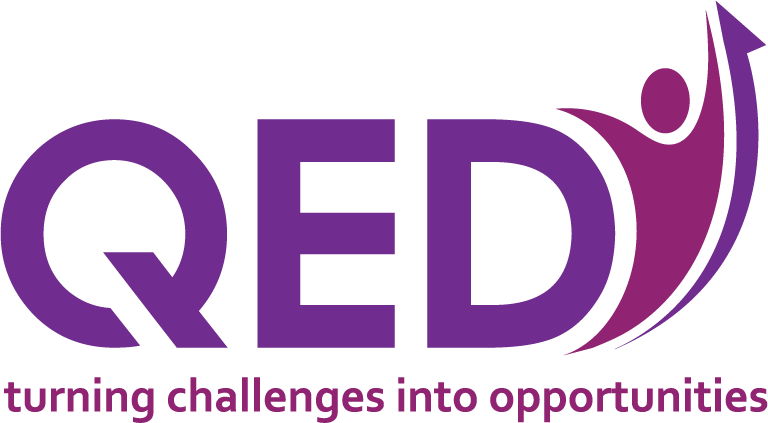Public awareness of racial inequality is greater than at any other time in the last 50 years. The killing of George Floyd and the devastation wrought by coronavirus on so many ethnic minority communities across the world have made the social injustices suffered by BAME groups difficult to ignore. Even young people have heard of white privilege at school or through the media and want to know more about it.
Yet when Barnardo’s published a blog helping parents to discuss the subject with their offspring, the UK’s leading children’s charity and its chief executive Javed Khan were subjected to a storm of abuse on social media.
Encouraging people to confront awkward issues that they would rather ignore is never easy. Barnardo’s is therefore to be congratulated for taking the bull by the horns and producing guidance that will help future generations to stop turning a blind eye to racial inequality. One in five of its service users are from an ethnic minority and it has put their welfare first.
Like Javed Khan, we are among the very few charity chief executives from a BAME background. We know that is difficult to speak out about white privilege without risking alienating donors, patrons, project delivery partners and other supporters. But we are also aware that now, more than ever, it is the right thing to do.
The coronavirus pandemic has created a perfect storm for many charities, caught between the conflicting pressures of increased demand for services and reduced income to pay for them. At such times it is tempting for chief executives to keep their heads down and not rock the boat.
But there is a growing awareness among charities that white privilege is a subject that has been swept under the carpet for too long. In June 2020 the Association of Chief Executives of Voluntary Organisations and Voice4Change England produced the Home Truths report, which explored ways of tackling racism in the sector. More recently ACEVO has drawn up a list of eight principles to address the diversity deficit in charity leadership. To date almost 100 chief executive officers have pledged to address these challenges and published the steps that they will be taking towards this online.
Any organisation that chooses to speak out publicly about racial inequality is to be applauded. In the end none of our service users – whether from an ethnic minority background or not – benefits from white privilege. Communities prosper when everyone has the opportunity to fulfil his or her potential and contribute to the common good.
That is why we are united in expressing our support for Barnardo’s for helping to build a better future for all by giving parents the tools they need to discuss these difficult issues with their children.
Mohammed Ali OBE, QED Foundation
Adeeba Malik CBE, QED Foundation
Qaisra Shahraz MBE, Muslim Arts and Culture Festival
Aneeqa Malik, Trans4m Communiversity Associates, London
Ishtiaq Ahmed, Khidmat Centre, Bradford
Harjap Pooni, Asian Virsa
Mohammad Naeem, Councillor/ former Rochdale Centre for diversity
Qadir Baksh MBE, Author and Researcher, London
Jameela Khan, Education Business Services International
Ghulam Rabani, Sangat Centre, Keighley
Muhammed Razaq, West of Scotland Regional Equality Council
Raza Sadiq, Active Life Club, Scotland
Shahein Taj OBE. Henna Foundation
Maria Mesa. Women Connect First
Hilary Brown, Virgo Consultancy Services
Rocio Cifuentes, Ethnic Minorities & Youth Support Team Wales
Arshad Akbar, Business Development Network & Shirecliffe Community Centre, Sheffield
